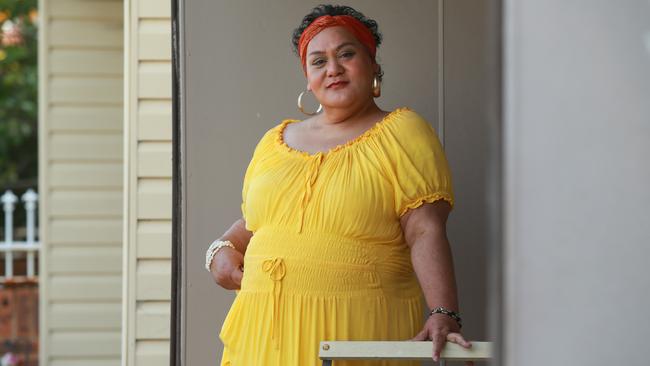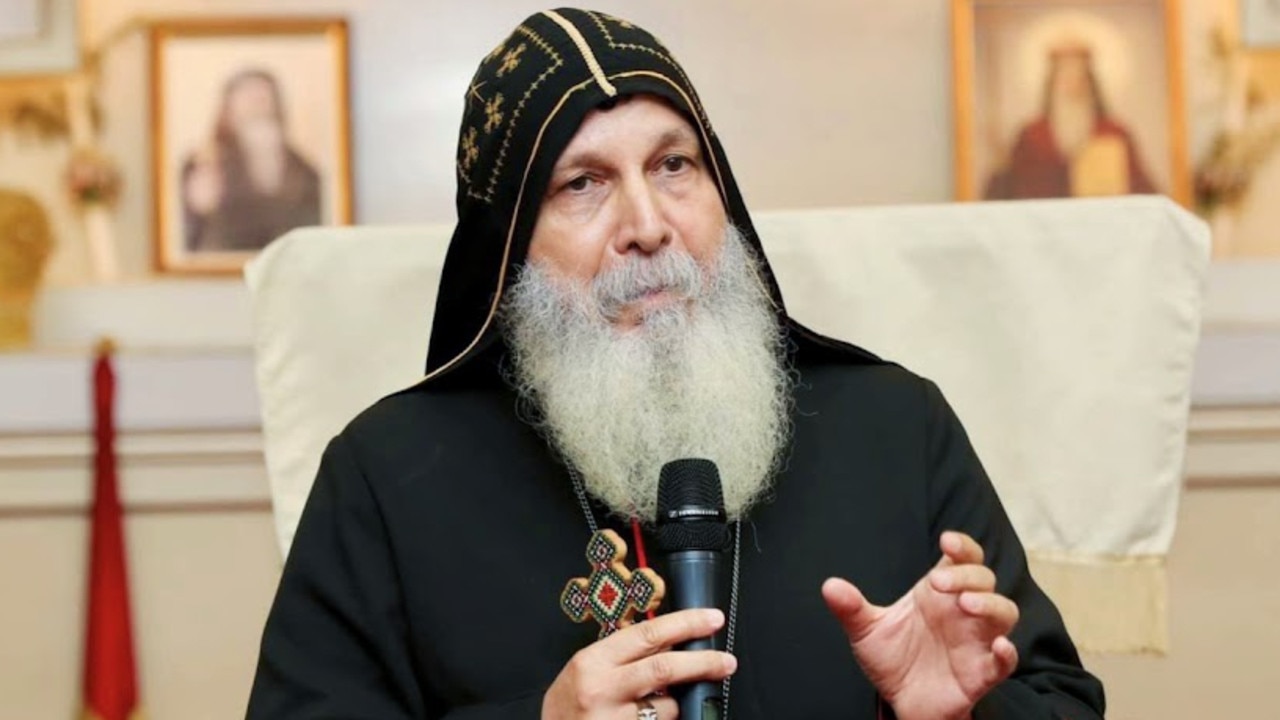Women’s cancers: Culture of silence and obesity the enemies in medical battle
FIFTEEN women a day are diagnosed with some form of gynaecological cancer but a “wall of silence” is hampering early diagnosis and research.

NSW
Don't miss out on the headlines from NSW. Followed categories will be added to My News.
- PR queen’s shock breast cancer diagnosis
- Women more worried about getting fat than getting cancer
- Elle Halliwell appeal raises $2.6 million for cancer research
- Erin Molan’s ‘massive wake-up call’ on cancer
FIFTEEN women a day are diagnosed with some form of gynaecological cancer but a “wall of silence” is hampering early diagnosis and research.
More than 5500 women were diagnosed with ovarian, cervical, uterine or vaginal cancer last year, with doctors warning of a “tsunami of endometrial cancer cases” linked to our expanding waistlines.
Endometrial cancer affects the lining of the womb and is now the most common of all gynaecological cancers with a 22 per cent increase in the past two decades.

Sydney oncologist Dr Diana Adams, who said there was a direct link with obesity in 45 per cent of cases, warns that with 25 per cent of children now obese we are “only seeing the first wave”.
“It is affecting younger women who could lose their fertility as a result because, sadly, treatment is a hysterectomy,” Dr Adams said.
Alison Evans from the Australia New Zealand Gynaecological Oncology Group (ANZGOG) said although cancer survival rates had improved by 19 per cent overall, gynaecological cancer survival rates had improved by only 7 per cent.
She said part of the problem was a “nervousness about talking about women’s bits”.
More than 17,000 Australian women are living with gynaecological cancers, which claimed the lives of 1740 women last year.
And because symptoms are often vague or obscure, like pelvic pain, spotting or bloating, the cancer is not often detected until the advanced stages, which hampers survival rates.
“They are symptoms women endure all their life from pre-teens to post-menopause — women have been ignoring the signs,” Ms Evans said.
ANZGOG, the peak organisation for gynaecological cancer clinical trials, has launched the “Save the Box” campaign to confront the issue head on.
“People don’t want to use words like ‘vagina’ or ‘gynaecological’ and we felt that was hampering our fundraising,” Ms Evans said.
Lori Beazley was diagnosed with endometrial cancer in September last year.
“I didn’t know what was wrong, I had a pain in my upper right-hand side abdomen, I thought it was appendicitis,” the 53-year-old said.
“I had no symptoms, I just wasn’t aware I had this growth and it had been there for years.”
Ms Beazley, from Mascot, had a total hysterectomy to treat the cancer and has since lost 40kg.
WARNING SIGNS
Symptoms of gynaecological cancers include:
■ Swelling of the abdomen
■ Change in bowel or bladder habits
■ Pain during sex
■ Itching, burning or soreness
■ Abnormal or persistent vaginal bleeding, bleeding after sex
■ Pain, pressure or discomfort in the abdomen
■ Lumps, sores or wart-like growths
RELATED NEWS


